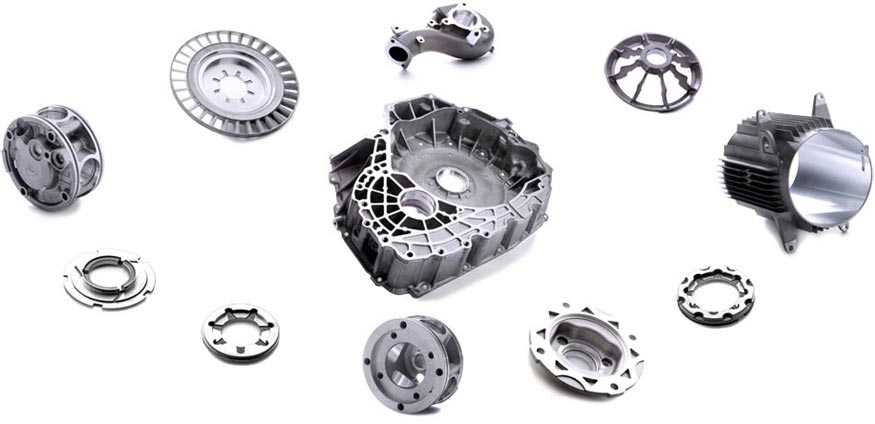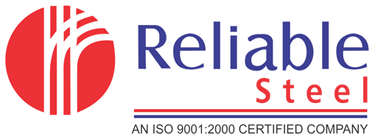Aluminum Die Casting, Gravity Casting and Zinc Die Casting

Aluminum die casting is the ideal production method for high volume of parts. Especially parts that are driven by rock bottom piece price targets. Also, the typical molds and tooling will last between 60,000 and 100,000s of shots. These two reasons alone show why aluminum die casting is the ideal option for aluminum component buyers around the World.
The Reliable Steel casting division operates from Asia. Core strengths include material grades in Aluminum, Zinc and Magnesium – plus sophisticated CNC machining and finishing options.
As TS16949 certified aluminum die casters, Plant teams have long standing expertise with projects requiring close tolerances and strict surface finishes.
The benefits of Aluminum Die Casting Services:
– Die cast aluminum components provide EMI/RFI shielding, rigidity, and durability with minimal weight.
– Due to aluminum’s electrical performance and shielding property benefits, die cast aluminum is ideal for electronic connectors and housings.
– Aluminum die cast parts are very lightweight and can withstand very high operating temperatures.
Die Casting Capabilities
Reliable Steel has aluminum die casting machines ranging from 120 tons to 3,500 tons. This allows Reliable Steel to serve nearly any OEM industry and application in the NAFTA region. For additional information regarding Reliable Steel manufacturing solutions or capabilities, please contact our team.
Gravity Casting Capabilities
Gravity casting is a permanent mold casting process, where the force of gravity, rather than high pressure, is used to fill the mold/die cavity with molten metal.
Typically, this method is used for non-ferrous, light alloy parts such as aluminum- or zinc-based alloys.
Gravity casting is a cost-effective die-casting method, as it does not require large-scale machinery. This method enables process control and produces strong and consistent good quality parts, with better surface finish and mechanical properties as compared to sand casting.
Gravity casting is therefore best suited for the production of high-volume, small scale parts with sections that are thicker than those produced by high pressure die casting, but thinner than those produced by sand casting.
